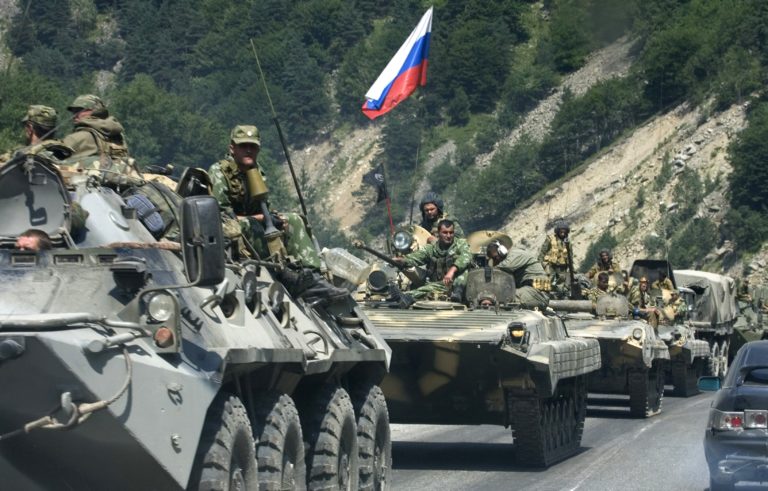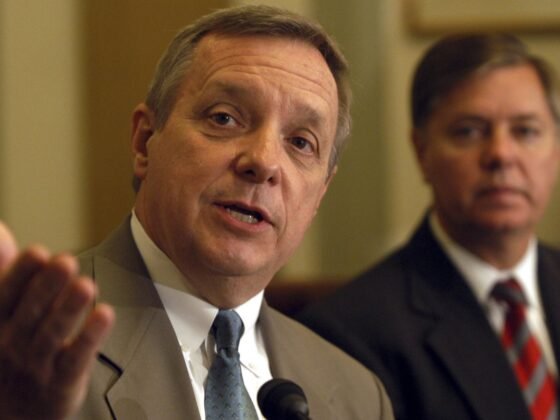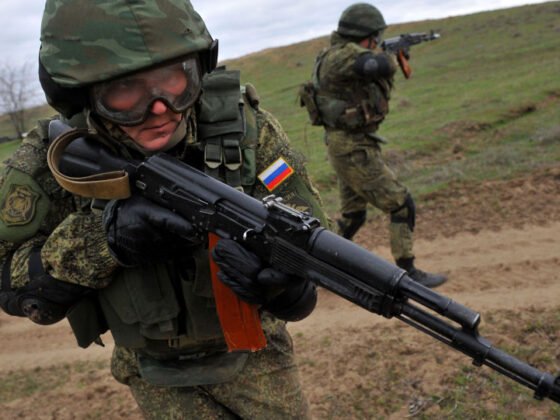(EDM) In the first week of August 2008, escalating tensions between Georgia and Russia exploded in a messy battle for Tskhinvali, South Ossetia. The resulting “Five Day War” culminated in the advance of Russian tanks to the suburbs of Tbilisi. A ceasefire was negotiated by then-president of France, Nicolas Sarkozy, acting on behalf of the European Union. But the resonance of that war proved to be heavy and lasting. Less than a decade later, Russian tanks similarly rolled over the fields of Donbas, in eastern Ukraine, and Russian planes are still dropping bombs on Syrian towns. Many of the same generals within the Russian General Staff who were involved in the Georgian invasion are today working on plans for new interventions. Collectively, the West effectively opted to treat the 2008 Russian-Georgian war as a minor conflict in the chronically unstable Caucasus. And that failure to deliver an adequate response to Moscow’s breach of international norms paved the way for further conflicts that have damaged the European security system, possibly beyond repair. Russia was energized by the easy victory and intoxicated by its newfound “Great Power” ambitions (Vedomosti, August 2). […]
Read More © Eurasia Daily Monitor (EDM)











